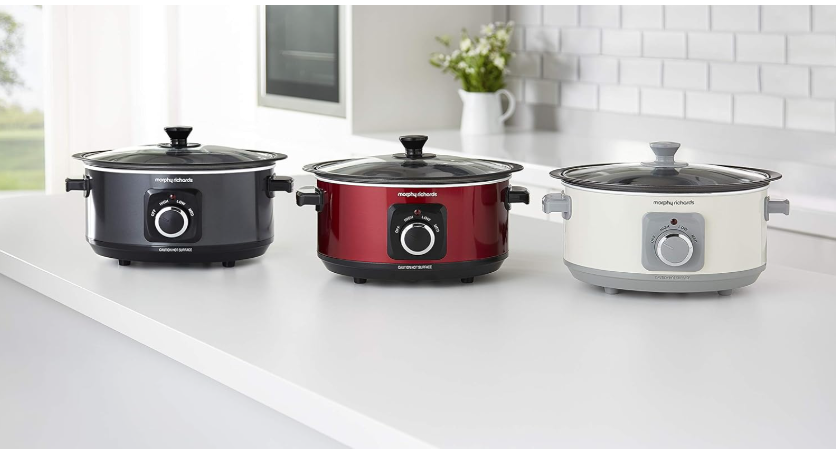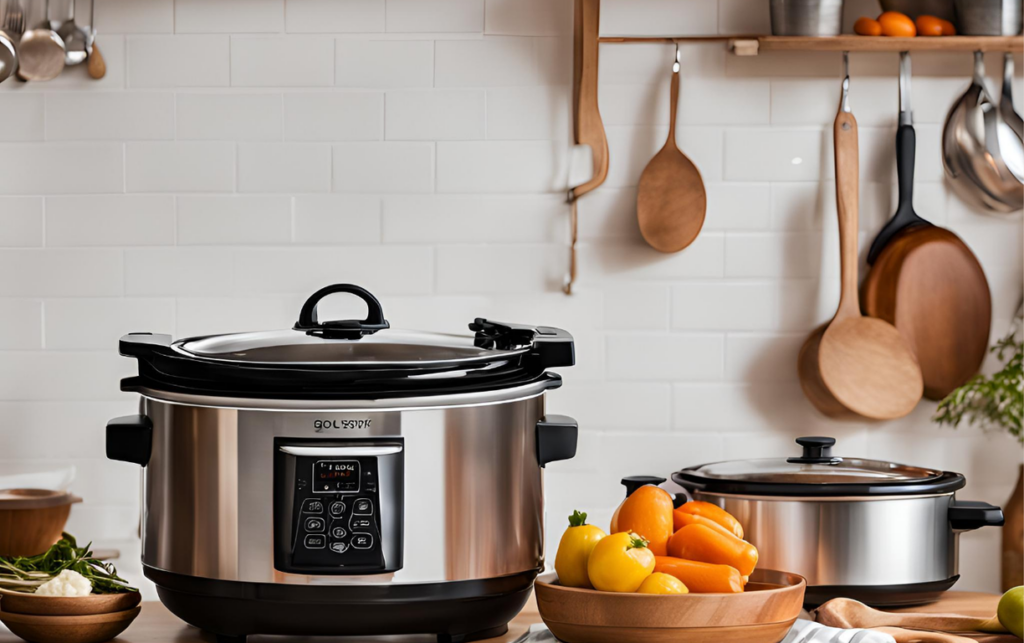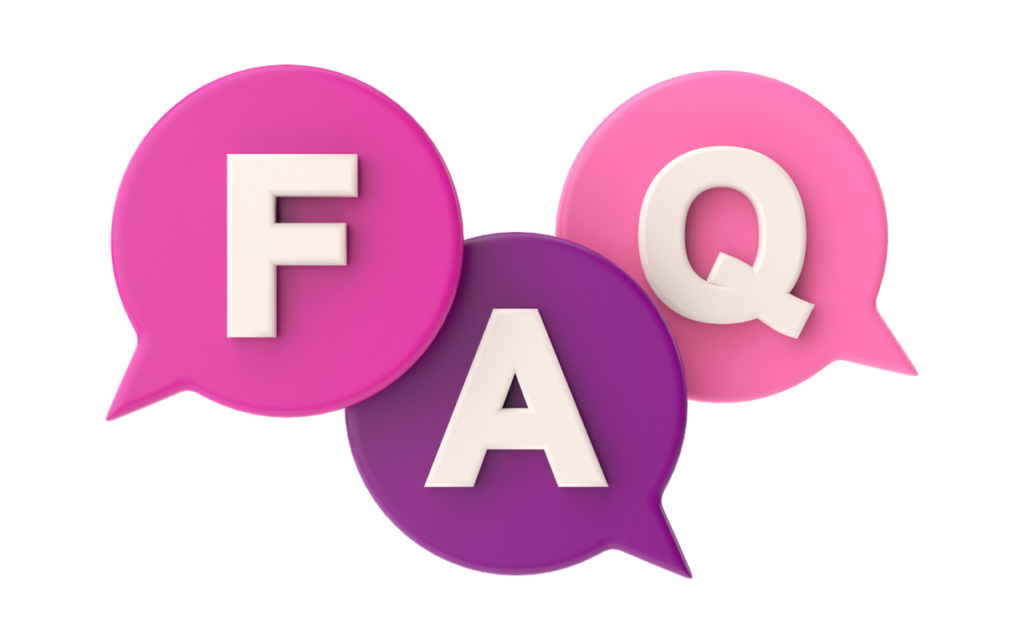Physical Address
304 North Cardinal St.
Dorchester Center, MA 02124
Physical Address
304 North Cardinal St.
Dorchester Center, MA 02124


Thinking about adding a slow cooker to your kitchen arsenal? You’re not alone. With busy schedules and the constant hustle of daily life, many home cooks are turning to this kitchen appliance for easy meal prep. But is it really worth the investment?
Slow cookers promise convenience, allowing you to toss in ingredients and walk away while your meal simmers to perfection. From hearty stews to tender meats, the possibilities are endless. However, before you make a purchase, it’s essential to weigh the pros and cons to see if it fits your cooking style and needs. Let’s dive into whether a slow cooker is a game-changer for your culinary adventures.
Slow cookers, often referred to as Crock-Pots, provide a convenient solution for busy cooks. These appliances use low heat to simmer food over extended periods, often 4 to 10 hours. This method enhances flavors, tenderizes tough cuts of meat, and offers a set-it-and-forget-it cooking style.
Assessing these features and benefits can guide your decision on whether a slow cooker aligns with your cooking style and needs.
Using a slow cooker offers multiple advantages, making it a valuable tool for any home cook. Here are some key benefits to consider.
Slow cookers provide clear convenience, allowing you to prepare meals with minimal active cooking time. You can set your ingredients in the morning, adjust the heat setting, and return hours later to a finished dish. This hands-off cooking method suits busy lifestyles; you mix ingredients once, and the slow cooker does the rest. You’ll enjoy the luxury of meal planning without constant monitoring.
Slow cookers excel in enhancing flavors through their low and slow cooking process. The extended cooking time facilitates deep flavor development as spices and ingredients meld together. Tough cuts of meat become tender and flavorful, ideal for soups, stews, and curries. You can also retain more moisture compared to other cooking methods, leading to richer, more satisfying meals.
Using a slow cooker offers significant nutritional benefits. The extended cooking time at lower temperatures preserves vitamins and minerals, particularly in vegetables and legumes. You can prepare wholesome meals with less added fat, as slow cooking allows the natural flavors of ingredients to shine without excessive seasoning. This method supports healthy eating habits by making it easier to incorporate whole foods into your diet.
While slow cookers offer various benefits, they also come with drawbacks that can affect your cooking experience. Understanding these cons helps you make an informed decision.
Cooking in a slow cooker requires significant time. Dishes often take several hours to cook, making them less ideal for last-minute meal preparation. If you’re short on time or wish to prepare meals quickly, a slow cooker may not meet your needs. Additionally, food can overcook if left unattended for too long.
Slow cookers excel at specific cooking tasks but lack versatility. Techniques like sautéing, baking, or frying aren’t possible in these appliances. If you enjoy diverse cooking methods, a slow cooker may not fully satisfy your culinary interests. Additionally, the texture of some foods may not be ideal after prolonged cooking, limiting the variety of dishes you can effectively prepare.
You’ll find several popular slow cooker models that cater to various needs and preferences. Here’s a selection of well-regarded options:
Each of these models features distinct characteristics that can suit your cooking style or kitchen limitations. Consider capacity, features, and materials to find the best fit for your culinary needs.
Deciding whether to get a slow cooker ultimately comes down to your cooking style and lifestyle. If you value convenience and enjoy hearty meals with minimal effort slow cookers can be a game changer. They allow you to prepare delicious dishes while freeing up your time for other activities.
However if you prefer quick meals or diverse cooking techniques you might find a slow cooker less satisfying. Weigh the benefits against the limitations to see if it fits your culinary needs. With the right model you could enhance your cooking experience and enjoy flavorful meals with ease.

A slow cooker, also known as a crock-pot, uses low heat to cook food over extended periods. It simmers dishes, allowing flavors to meld and tough cuts of meat to become tender. Slow cookers are designed for hands-off cooking, enabling you to prepare meals without constant monitoring.
Slow cookers offer several benefits, including convenience, enhanced flavors, and energy efficiency. They allow for easy meal preparation with minimal active cooking time. Additionally, slow cooking preserves nutrients and tends to make meals healthier by reducing the need for excess fats and seasonings.
Slow cookers are not ideal for last-minute meal preparation, as dishes typically take several hours to cook. If you’re pressed for time, it’s better to use faster cooking methods. Planning ahead can ensure that you have delicious meals ready when you need them.
Yes, while slow cookers are convenient, they require significant cooking time, which can lead to overcooked food if left unattended. Additionally, they lack versatility for various cooking methods like sautéing or baking, which might limit your culinary options.
Slow cookers excel at making soups, stews, braised meats, and casseroles. The long cooking time helps develop rich flavors. However, be cautious with delicate foods, as they may not hold up well with extended cooking.
Consider the capacity, features, and materials when selecting a slow cooker. Assess your cooking needs and preferences to find a model that suits you. Popular options include programmable features, multiple heat settings, and varying sizes to accommodate different types of meals.